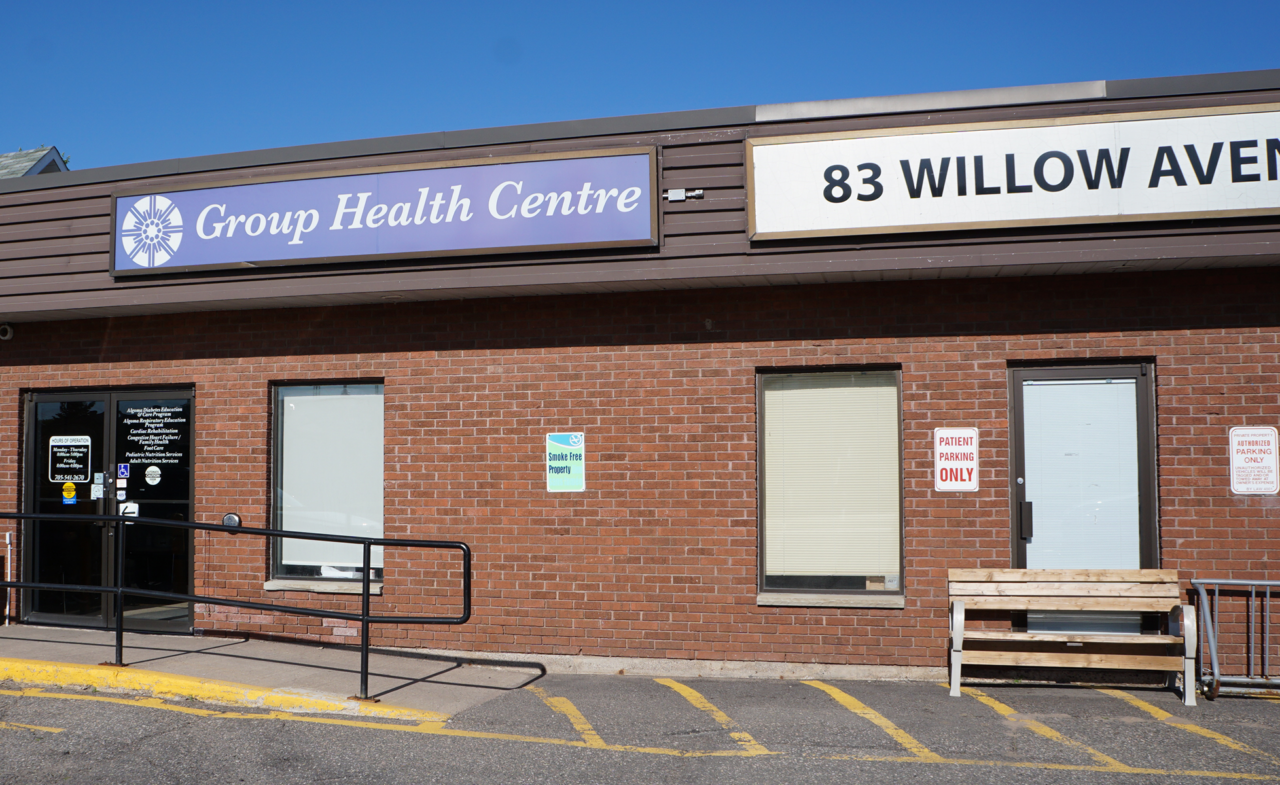GHC’s Cardiac Rehabilitation program offers a wide range of; education, exercise, counselling, and support services that helps clients make healthy living a part of their daily life.
Research shows people who participate in a Cardiac Rehab program are more successful at managing their risk factors (causes of heart and blood vessel disease) and therefore prevent a worsening of their heart and vascular problems, compared to those who do not attend.
What is the Cardiac Rehab Program?
Cardiac Rehab is a program designed to work collaboratively with physicians and other allied health professionals to provide an individualized exercise program, education and counselling using a holistic approach–caring for the whole person–to support their needs.
The goals of this program are to help you reduce your risk factors for vascular disease, empower you to take an active role in self-managing your health and recovery, and help you set goals and develop a personal Action Plan, and support your emotional and physical well-being.
Cardiac Rehab services offered though this program may include:
- A one-on-one interview with a Registered Nurse to review your medical history, risk factors and medications, as well as assist you in making healthy lifestyle changes
- An exercise program at the YMCA with one of our Exercise Specialists
- A session with a Registered Dietitian
- Education sessions with a Registered Social Worker focusing on stress management, depression, anxiety and emotional adjustment to cardiac events, as well as individual follow-up appointments if needed
- One-on-one counselling appointments with a Registered Social Worker for support an optional group information class on stress management
- Follow-up with a Registered Nurse
Our mission is to educate and support patients, their families and caregivers by offering recourses and tools to make lifestyle changes to reduce vascular risk.
GHC’s Cardiac Rehabilitation Exercise Program can help educate patients on the many health benefits of exercise in both the short and long term, including:
- Strengthening your heart and body after a heart attack.
- Building healthier habits such as getting more physical activity, quitting smoking, and eating a heart-healthy diet.
- Reducing stress.
- Improving your mood. People are more likely to feel depressed after a heart attack. Participating in a cardiac rehabilitation exercise program can help prevent or lessen depression.
- Increasing your energy and strength to make daily activities like carrying groceries and climbing stairs easier.
When stress is too frequent and prolonged, it has multiple effects on health, including raising heart rate, blood pressure and unhealthy cholesterol levels, to name a few.
Learning healthy stress management strategies benefits your heart health. Stress management tips include exercise, eating healthy, finding time for relaxation, minimizing alcohol, drugs and cigarettes, and getting balanced sleep.
If you have had a heart attack or heart surgery, it is very common to experience grief-related emotions about changes to your health on top of dealing with the new stressors. These emotions include shock, fear, sadness, denial, guilt and bargaining.
Counselling is available through the GHC’s Cardiac Rehabilitation program by a registered social worker who provides confidential therapy empowering people with compassionate support and valuable strategies to cope with heart health changes.
The role of the Cardiac Rehab Registered Dietitian is to educate and support individuals in making healthy lifestyle changes to reduce their risk of heart disease.
Heart-healthy eating patterns emphasize the intake of vegetables, fruits, whole grains, fibre, low-fat dairy products, poultry, fish, legumes and healthy fats. It is important to limit foods high in saturated/trans fats, sodium and added sugars.
A healthy diet can help reduce the risk of heart disease by improving cholesterol levels, reducing blood pressure, managing body weight and controlling blood sugars.
Frequently Asked Questions
GHC’s Cardiac Rehabilitation program is open to residents of the Algoma District who have experienced a Cardiac Event such as heart attack, heart surgery, heart failure, angina and arrhythmia in the past year.
Access to GHC’s Cardiac Rehabilitation is by referral only. Once a referral is received, a GHC team member will contact you for an initial appointment.
Clients are requested to bring all medications with them to their initial appointment. If they are taking part in the exercise program, they are requested to wear clothing appropriate for exercise and bring a clean pair of indoor running shoes.
Hours of Operation:
Monday – Friday: 8:30 am – 4:00 pm
Saturday, Sunday, Holidays: Closed



